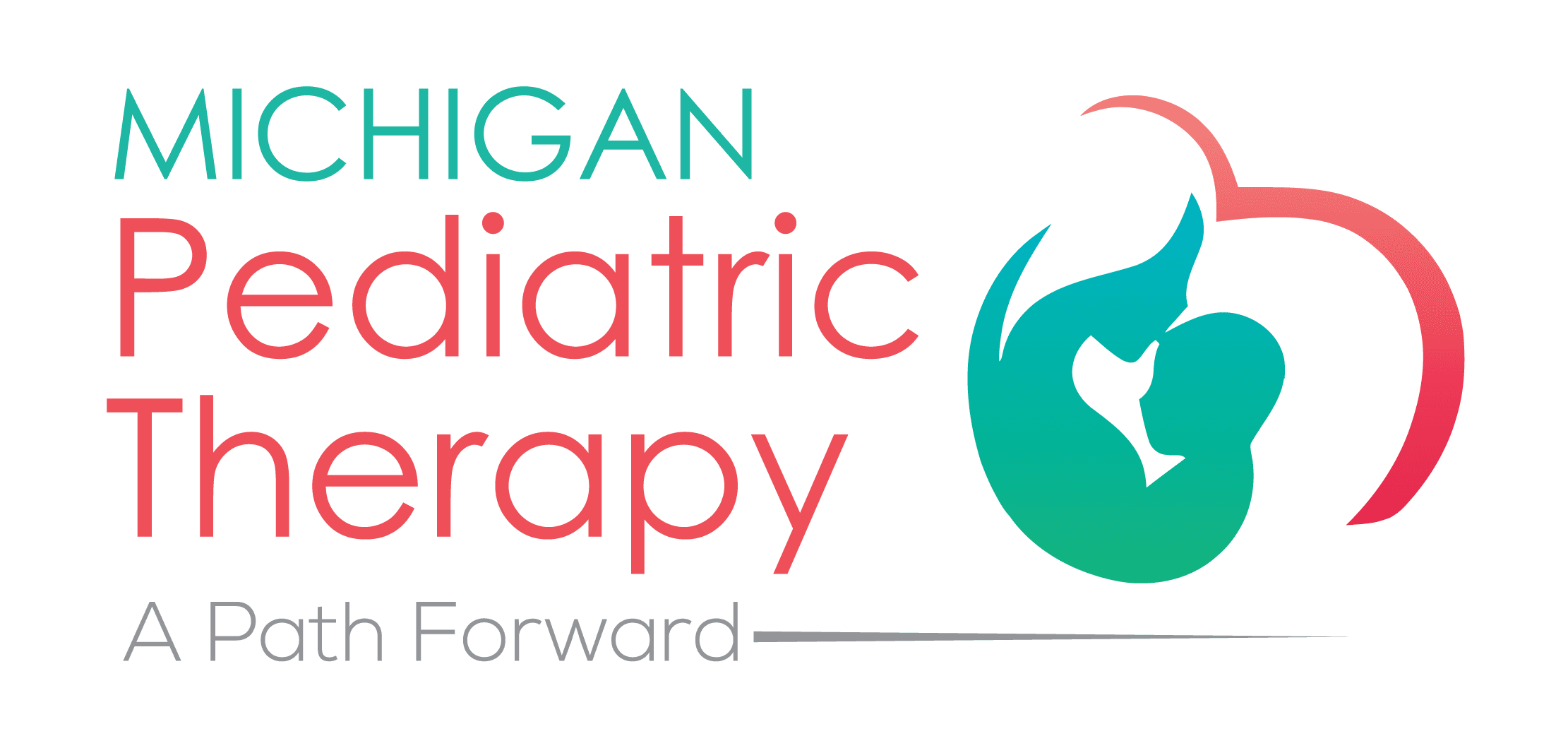Stuttering, or childhood-onset fluency disorder, is a speech disorder that affects a child’s ability to speak fluently and smoothly. While many children may experience temporary disfluency in their early years as they learn to communicate, prolonged stuttering can cause concern for parents. It’s natural to wonder when speech therapy is necessary and how it can help a child who stutters.
In this blog, we’ll review the signs and types of stuttering, examine when to seek help, and discuss how speech therapy for stuttering can make a difference. For families searching for answers, we’ll also explore ways parents can support their child who stutters, both at home and with the help of professionals. If you’re concerned about your child’s fluency, this guide will help you decide when to take action and seek speech therapy for fluency disorders.

What is Stuttering?
Stuttering is a disruption in the flow of speech. Children who stutter may repeat sounds, syllables, or words, stretch out sounds, or experience blocks (pauses) where they cannot produce any sound. These disruptions may be accompanied by tension or visible struggle when attempting to speak. Stuttering can vary in severity, with some children stuttering only occasionally and others struggling with more frequent disfluencies.
It’s important to note that stuttering is not a reflection of a child’s intelligence or ability to learn. Instead, it’s a communication disorder that can affect self-esteem, social interactions, and participation in daily activities.
The Different Types of Stuttering
To better understand stuttering, it’s helpful to know that there are different types of stuttering patterns, each with its own characteristics:
Developmental Stuttering:
Neurogenic Stuttering:
Caused by a neurological event or injury, such as a stroke or head trauma, neurogenic stuttering affects the brain’s ability to coordinate speech muscles. This type is rare in children but can occur.
Psychogenic Stuttering:

Signs That Speech Therapy is Needed
Many parents ask, “When should I worry about my child’s stuttering?” While some level of stuttering is normal during early childhood, there are certain signs that may indicate it’s time to seek professional help. Here are some indicators that speech therapy for fluency disorders may be necessary:
1. Persistent Stuttering Beyond Age 5
2. Increased Struggle or Tension When Speaking

3. Family History of Stuttering
4. Stuttering Paired with Other Speech or Language Difficulties
5. Avoidance of Speaking Situations
How Speech Therapy Helps Children Who Stutter
Once you’ve decided to seek help, you may wonder how speech therapy for stuttering can benefit your child. Speech-language pathologists (SLPs) are trained to assess and treat stuttering in children using evidence-based techniques. The goal of therapy is not necessarily to eliminate stuttering entirely but to help the child develop effective communication skills and reduce the impact of stuttering on their life.
Here are some ways speech therapy for fluency disorders can help:
Fluency Shaping Techniques
Fluency shaping techniques focus on teaching the child strategies to speak more fluently. These techniques may include:
- Slow, relaxed speech: The therapist will work with the child to speak at a slower pace, reducing the likelihood of stuttering.
- Gentle onset of speech: The child is taught to ease into speech gently, which can prevent blocks and reduce tension.
- Prolongation of sounds: The therapist may encourage the child to stretch out sounds to promote smoother speech.

Stuttering Modification Techniques
Unlike fluency shaping, which focuses on preventing stuttering, stuttering modification helps children manage their stuttering in real-time. These techniques include:
- Cancellations: If the child stutters on a word, they are taught to pause, reflect, and then say the word again more fluently.
- Pull-outs: When the child stutters, they are taught to “pull out” of the stutter smoothly, rather than becoming stuck.
Cognitive-Behavioral Therapy (CBT)
For children who are experiencing emotional challenges related to their stuttering, such as anxiety or low self-esteem, speech therapists may incorporate elements of cognitive-behavioral therapy (CBT). CBT can help children reframe negative thoughts about their stuttering and develop coping strategies to manage social interactions more confidently.
Building Communication Confidence
A key part of speech therapy for stuttering is helping children develop the confidence to communicate in all situations. Therapists work on communication strategies that promote self-advocacy, helping children feel more in control of their speech, even in challenging settings like the classroom or social events.


Tips for Parents to Help a Child Who Stutters
Parents play a crucial role in supporting their child’s speech development. Here are some ways you can help your child at home:
- Model slow, relaxed speech: When speaking to your child, slow down your speech and pause between sentences to model a calm speaking style.
- Be patient and give your child time to speak: Avoid finishing sentences for your child or rushing them to speak faster. Give them the time and space they need to express themselves.
- Avoid pressuring your child to be “perfect” in speech: Let your child know that it’s okay to stutter and that you are listening to what they have to say, not how they say it.
- Encourage open communication: Create a safe environment where your child feels comfortable talking about their feelings related to stuttering.

When to Seek Help
If you notice any of the following signs, it’s a good time to reach out to a speech therapist for stuttering:
- Your child’s stuttering persists beyond age 5
- Your child is experiencing frustration or tension while speaking
- Your child is avoiding talking or participating in social activities
- There is a family history of stuttering
Early intervention can make a significant difference in a child’s ability to manage their stuttering and communicate confidently. At Michigan Pediatric Therapy, we offer specialized speech therapy for fluency disorders to help children who stutter. Our experienced team of speech-language pathologists will work with your child to develop strategies that promote fluency, communication confidence, and overall well-being.

Conclusion
Stuttering can be a challenging communication disorder, but with the right support, children who stutter can learn to manage their speech and communicate effectively. Speech therapy for stuttering offers a range of techniques to help children reduce disfluency, build communication skills, and boost self-confidence.
If you’re concerned about your child’s stuttering or need guidance on whether therapy is the right step, reach out to us at Michigan Pediatric Therapy. We’re here to help your child communicate with confidence and thrive in all areas of their life.
For more information or to schedule an evaluation, contact us today!
Michigan Pediatric Therapy
📍 27655 Middlebelt Rd., Suite 130, Farmington Hills, MI 48334
📞 (248) 939-4030
🌐 mipediatrictherapy.com



